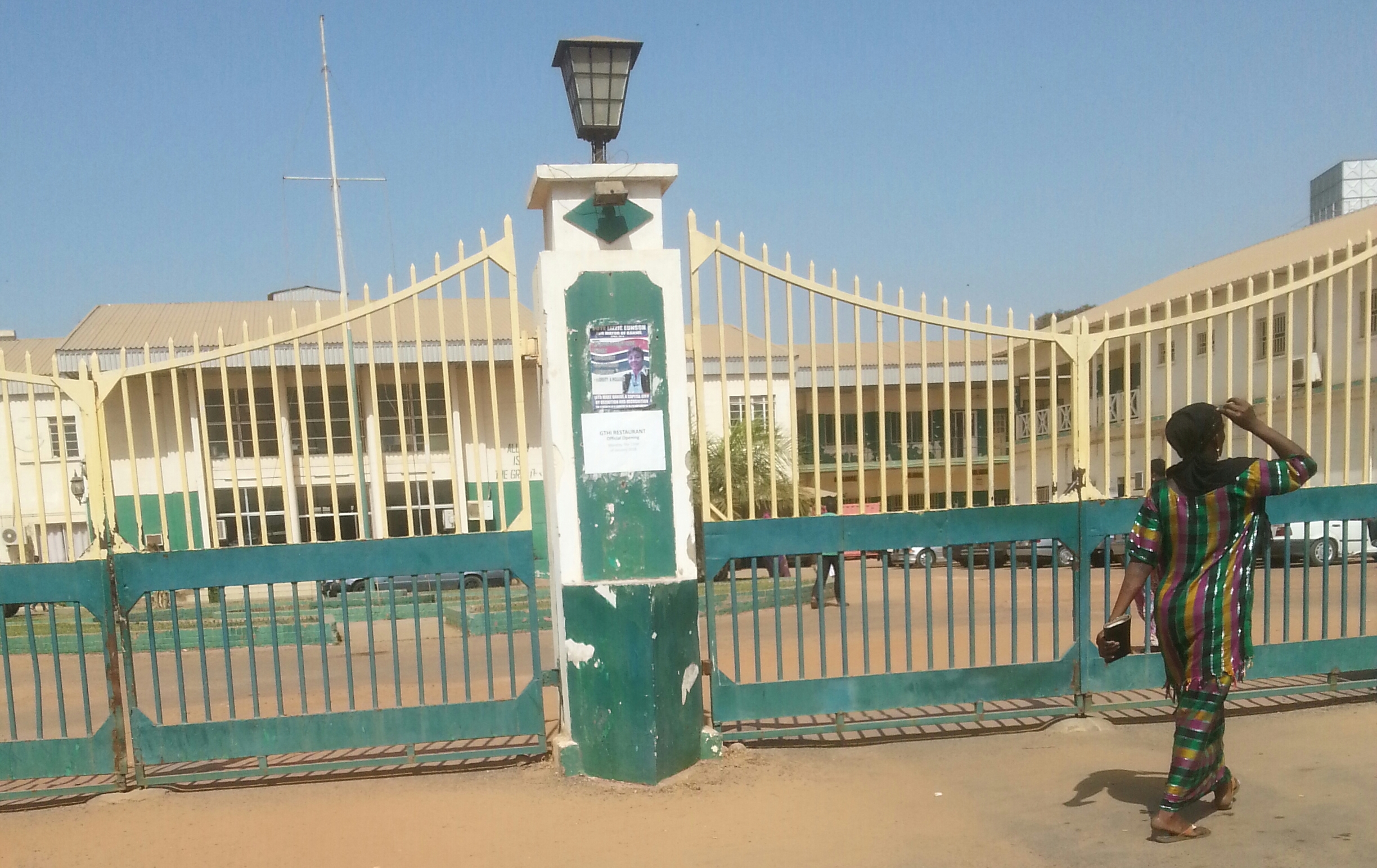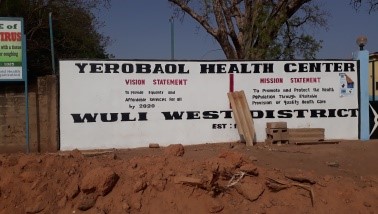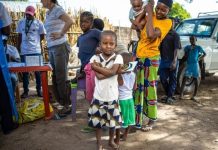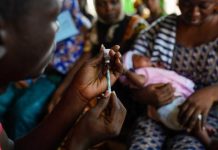as mothers lament difficulties faced
MUHAMMED S. BAH (MS)
Women in rural Gambia have raised concerns over the difficulties they face in accessing health services for their children.
They said their plight towards accessing health for their children is far from been solved.
According to the women, most of the challenges they face is accessing health care facilities. They added that many of them find it hard to reach communities where the few health facilities available are less equipped both in human and material resources.
Jabou Ceesay and Dado Sowe were met at the two different health centers of Basse and Yorobawol after struggling to travel for kilometers away from their homes, just to have access to medication for their kids. All of them confirmed that they struggle to see Doctors after spending hours sitting along corridors of which is devastating and discouraging for them.
These women are among many who find it difficult to reach various health facilities due to poor road conditions or inadequate means of proper transportation to access various facilities.
What does the National Health Policy says on the problems?
The health challenges as highlighted by the National Health Policy (NHP) from 2012 and 2020, include the effects of high population growth rates; inadequate financial and logistic support; weak health information systems; uncoordinated donor support; shortage of adequate and appropriately trained health staff; high attrition rate and lack of efficient and effective referral systems.
In addition to this, poverty, low awareness of health issues and poor attitude of service providers have led to inappropriate health seeking behaviors contributing to ill health. These factors have seriously constrained efforts to reduce morbidity and mortality rates as desired and as a result, health care delivery throughout the country has not lived up to expectation.
The need to have a clear direction to improve quality health care and reduce the high morbidity and mortality rates requires a stable, supportive, organizational and management framework with a strong, flexible and knowledgeable leadership that is able and willing to take informed decisions.
According to an assessment report published in November 2019 by Health Policy Plus supported by USAID, the Government of the Gambia allocates a higher proportion of spending to health than average among African nations. The Government allocates over 7% of its budget to health and that this year’s budget for health is over D1.5 billion. But despite Government’s efforts to improve health services in the country, access to health for children is still a challenge in rural Gambia.
The assessment shows that out of the seven administrative regions, there are only three reproductive and child health centers in the whole country.
Jabou Ceesay, a native of Chammoi in Tumanna District in the Upper River Region visits the health center in Basse which is said to be more than five kilometers away. She expresses the challenges faced by her and her fellow women to access the health center.
“Getting to the health center in Basse is indeed a nightmare due to poor road conditions especially during the rainy season,” she pointed out. The mother of four said during this period, children are more vulnerable to diseases especially Malaria.
Ceesay who said she earns little income, said this makes life difficult for them to provide quality health care for their children.

Similar comments were made by Kumba Darboe a mother of three of the same village. Kumba emphasized the importance of having child health care centers that are easily accessible and affordable as well.
Dado Sowe, a native of Sinchu Surah in Wulli West narrated that she treks between 8 to 10 kilometers to and from the health center of Yorobawol for her children’s health care; due to the distance and inadequate access to proper means of transportation, she had to wait until morning to take her child to the health center in Yorobawol.
She lamented that things got worse for them during the rainy season when roads are bad with many potholes filled with water; and during this time, they trek on foot as their only means of transport to health facilities because commercial vehicles are hard to come by.
Disclosure from a health personnel in Foni
According to one health personnel in Foni, there is no specific or designated children’s hospital or health facility in Foni. Pediatric services are offered at the Bwiam Hospital where there is a Ward for admission of children that need services from pediatricians.
The anonymous health personnel disclosed that the minor health facilities in Kanlagi, Sintet and Sibanorr, offer infant health care services that include immunization, birth registration and nutrition monitoring as well as screening for minor ailments. These services are either center based or outreached.
Health Director’s Remarks:

When contacted to shed light on the issue, the Director of Health Promotion Modou Njie noted that there are no communities in the country that are more than five kilometers away from a health facility; and outreach teams of health personnel are usually dispatched to various communities to offer health services to them.
Njie said in some communities, teams of five to six people visit such facilities probably once or twice a month.
“They deal with pregnant and lactating women and any other person who needs their attention” Njie remarked.
The Director of Health Promotion said the teams comprise of a public health officer and nurses who immunize and screen patients’ particularly pregnant women and children, and an officer who issues drugs.





















